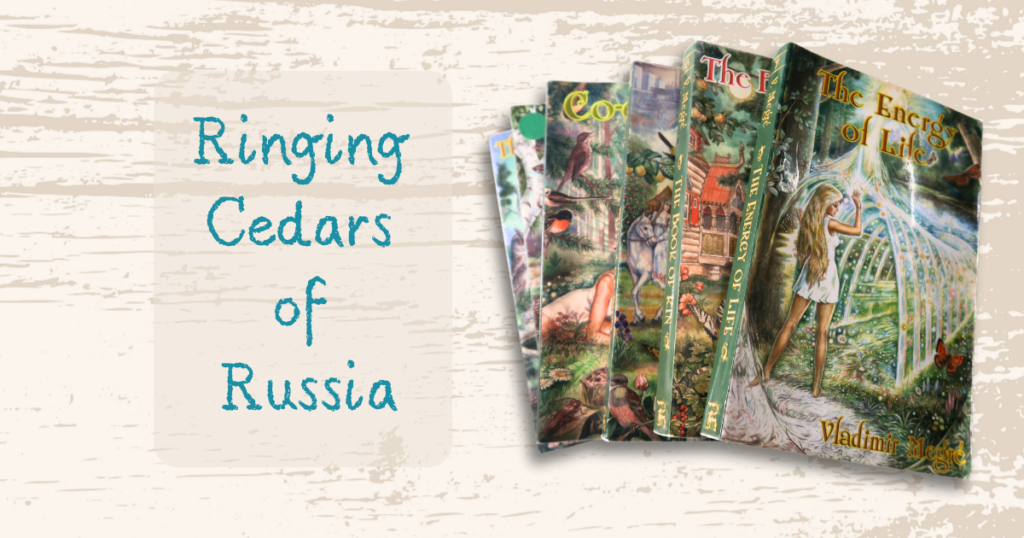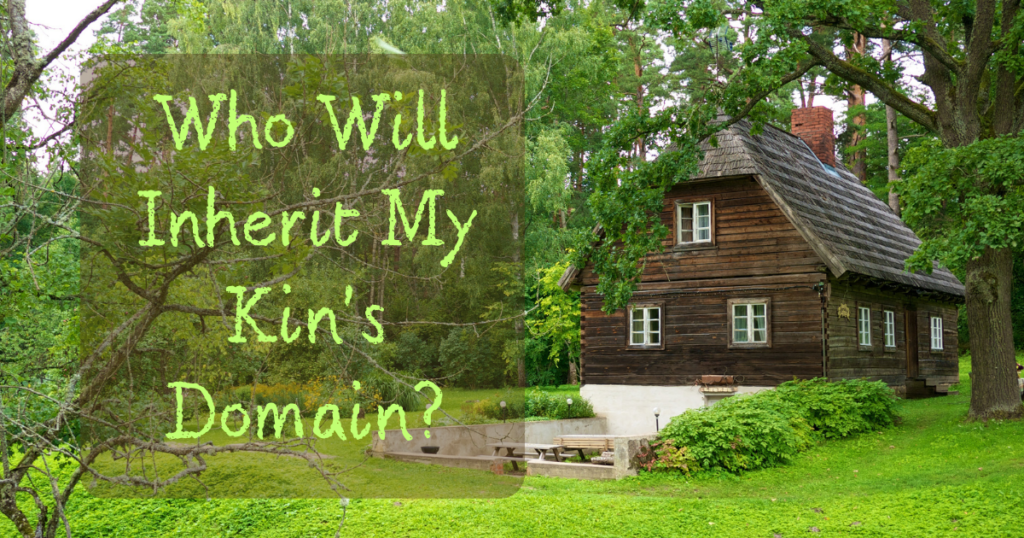Imagine waking up in your own home to the sounds of birds chirping, the soft fresh smell of flowers wafting into the room, and knowing this beautiful space you created will stay in the family for generations. This home might be a kin’s domain or a traditional homestead, but there are fundamental differences between the two. Let’s take a closer look.
A homestead is land with a house on it, usually other buildings are also there, and is used for growing crops and animals, similar to a small farm. The homestead tends to focus on self-reliance and production. It can be passed down to the next generation, but not always. Sometimes it is sold when it becomes too much to manage or all the children have moved far away and don’t want to take on all the work that it comes with.
A kin’s domain can encompass everything that a homestead is, but the emphasis is on passing the home and the land to the next generation, and there is a strong spiritual connection that has been cultivated along with the land’s design. Trees are intentionally planted to honor members of the family both past and present. A garden is planted in a manner that grows optimal food for the health of the family, and a lot of thought goes into whether the next generation will appreciate this or that feature, building, or design on the land. The home and land stays in the family forever. It is meant to preserve the goals and aspirations of the family, so that your children are raised in a space of love, and so are your grandchildren and great-grandchildren.
Imagine the tree you planted, and perhaps put a swing on, for your children is cut down by your great-grands to build a beautiful dining table for the family honoring their ancestors’ actions and memory. Can you see how a harmonious continuity is achieved by just a small shift in our concept of a home?
Today we have a housing crisis. No one of humble means can afford a home of their own. However, if there had been family members who had acquired their homes with the idea of passing it on in this fashion, many more people would have been provided for through these times. Instead house flipping is all the rage and the profit motive supersedes all good sense.
Even traditional homesteads are more and more difficult to acquire and maintain than in the past when one did not have so many permits, taxes, and laws to interfere with making a living off the land. And currently, there is no legal provision in the U.S. for a family to own land into perpetuity. One can have a homestead, but it is not guaranteed that your children will end up with it.
When you have a multi-generational connection to a piece of land, you also have a store of knowledge and local history that is passed down. This can often be more accurate than mainstream narratives. A person may have inherited a technique for growing vegetables with better results than say a scientist in another country dealing with different growing conditions for example. Or the family remembers a historical event, but that incident gets lost in time or the story changes as society goes on. The potential to preserve wisdom through time is restored with a kin’s domain. It’s something we don’t have in our world today, but very much need.
A kin’s domain is a homestead taken to a whole other level. Both are great alternative forms of living, but while homesteads have been around for ages, we still lost our connection to something fundamental. Kin’s domains could be the way to restore that missing puzzle piece, the continuity between our ancestors, our present day family, and our descendants.




